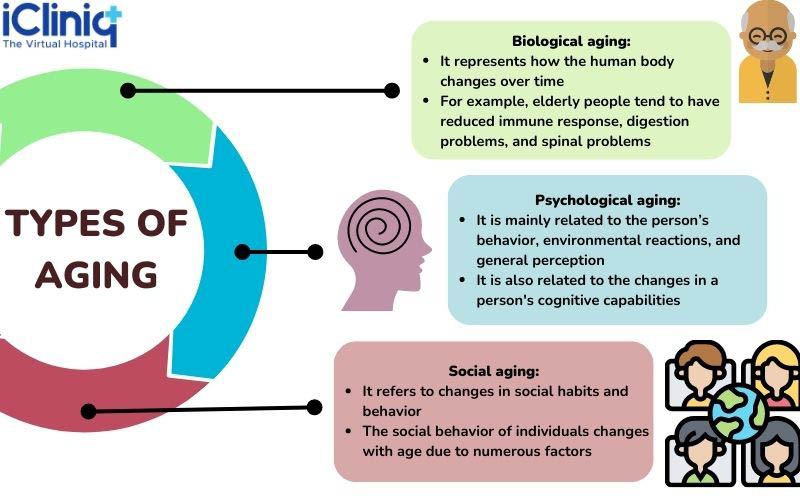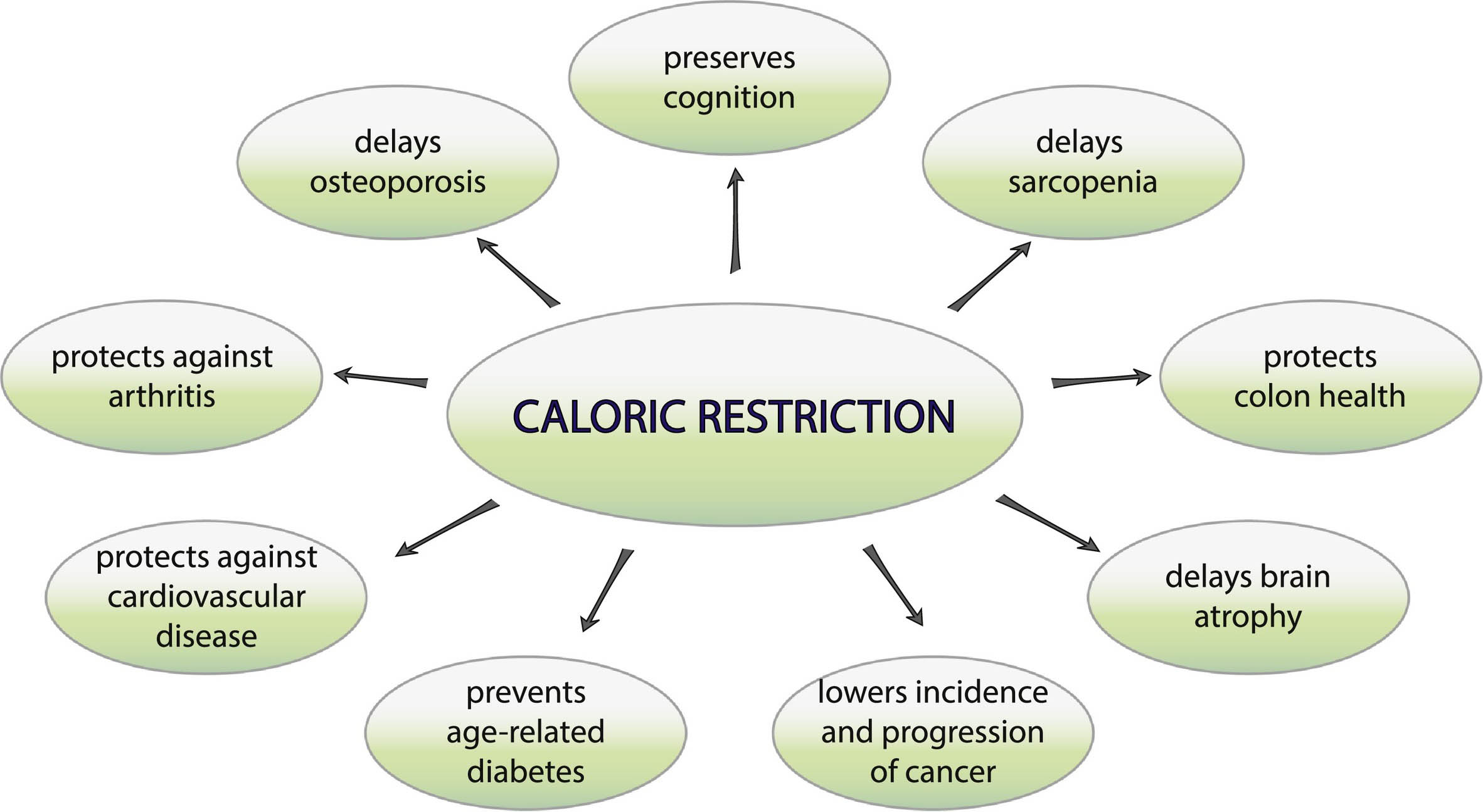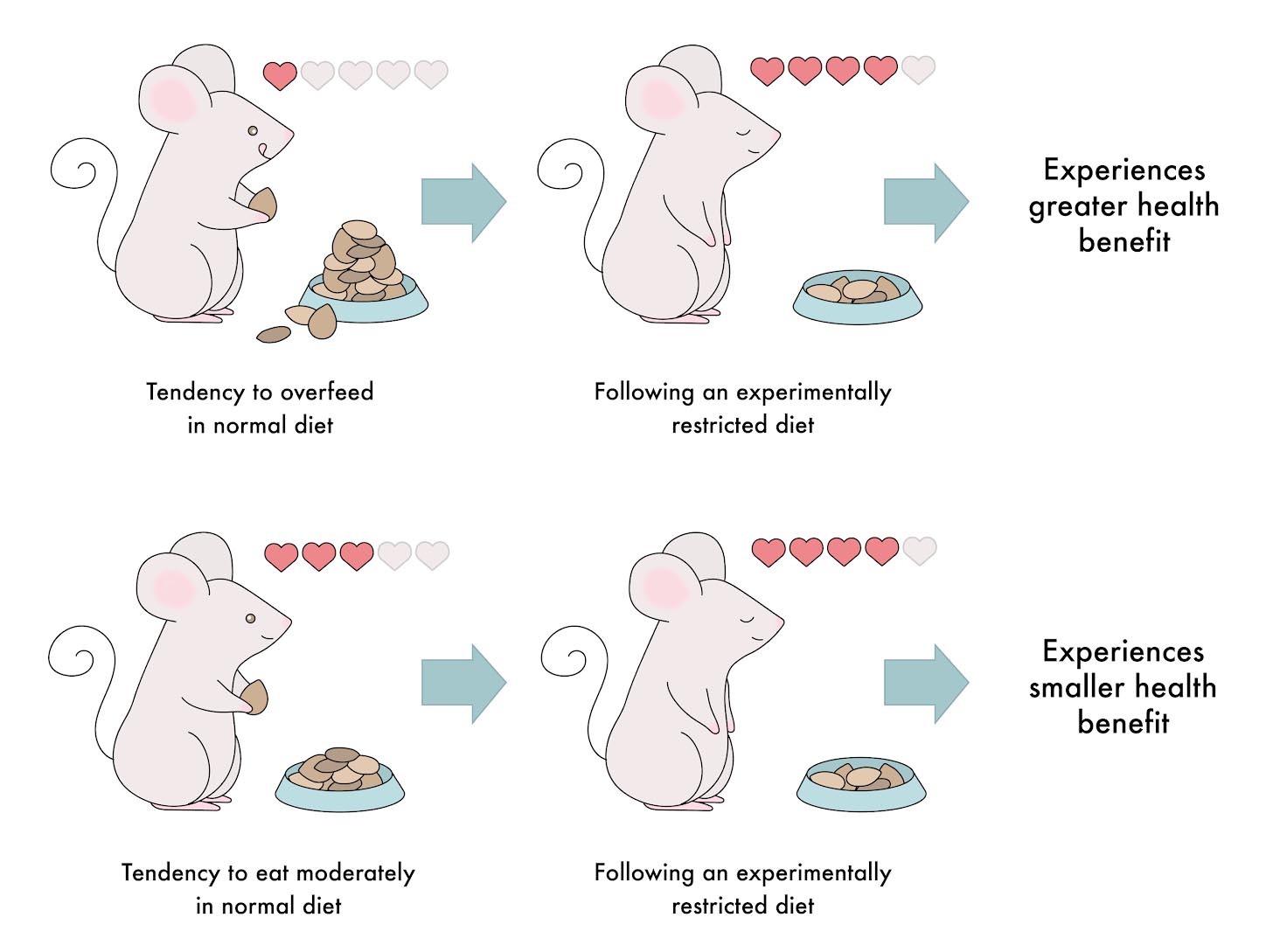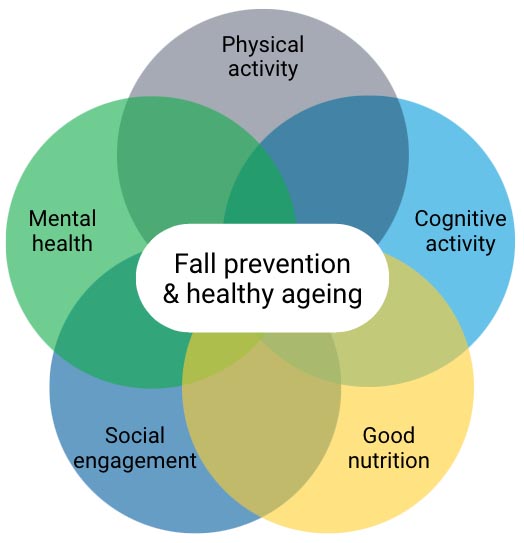
Ageing is the progressive biological, psychological, physiological, environmental, social and behavioural changes. Some of these age changes are benign, such as greying of hair. At the same time, most of these changes in an organism lead to senescence, a decline in biological functions, and the organism’s ability to adapt to different metabolic stresses. In short, ageing is a gradual, continuous process of natural change that begins in early adulthood.
Types of Ageing
Ageing can be divided into three distinct categories: biological, social and psychological, and social. These types are related in one way or another.
This refers to various ways the human body naturally changes over time. For example, our immune system weakens with age, making fighting viruses and infections more challenging. Biological ageing can also affect the joints, digestion, spine, vital organs and other parts that help with daily functioning. These changes affect some people sooner; some are biologically old at 65, and others not until a decade later.
- Psychological Ageing
It is primarily related to behaviour but also based on how people act and feel. It refers to the adaptive capacities of the brain and the way it handles various mental processes and cognitive functions. For example, an 82-year-old who works and looks forwards to future events is considered psychologically younger. Psychological ageing can be affected by conditions like dementia and the natural ageing processes related to the brain.
- Social Ageing
It refers to how social habits and behaviours change over time. It focuses on the social practices related to interactions with everyone, from family members to friends and others. Social ageing also includes the individual’s role in society and people in their age group.
Factors that Slow the Pace of Ageing
Ageing is a complex biological process that is influenced by a combination of genetic, environmental, and lifestyle factors. While the natural ageing process cannot be stopped entirely, several factors can slow down the pace of ageing:
- Diet
A balanced and healthy diet rich in fruits, vegetables, whole grains, lean protein, and healthy fats can help slow ageing. Foods high in antioxidants, such as berries, nuts, and green tea, can help protect cells from damage and reduce inflammation.
 Exercise
Exercise
Regular exercise has been shown to help slow down the ageing process by reducing inflammation, improving cardiovascular health, and maintaining muscle mass.
- Stress Management
Chronic stress can accelerate the ageing process by damaging cells and increasing inflammation. Learning stress management techniques such as meditation, yoga, or deep breathing can help slow ageing.
Getting adequate sleep is crucial for maintaining optimal health and slowing ageing. Poor sleep quality or insufficient sleep can lead to cellular damage and inflammation.
- Avoiding Harmful Substances
Avoiding tobacco, excessive alcohol consumption, and exposure to environmental toxins can help slow down the ageing process.
- Genetics
While genetics play a role in the ageing process, it is possible to slow the pace of ageing through lifestyle changes and healthy habits.
What is Calorie Restriction?
Calorie restriction is the practice of reducing caloric intake while maintaining nutrient intake. This means eating fewer calories than the body needs to maintain weight. The goal is to reduce the amount of energy the body takes in, which can lead to a reduction in body weight and improved health outcomes. Recent studies have shown that calorie restriction may slow the pace of ageing in healthy adults, providing a promising avenue for future research.
Benefits of Calorie Restriction
Calorie restriction has been shown to have numerous health benefits, including improved cardiovascular health, decreased risk of chronic diseases such as diabetes and cancer, and improved brain function. In recent years, researchers have focused on the impact of calorie restriction on the ageing process.
Here are some potential benefits of calorie restriction:
- Increased lifespan: calorie restriction has been shown to increase lifespan in many animal studies, and some research suggests that it may have a similar effect on humans.
- Reduced risk of chronic diseases: calorie restriction has been associated with a reduced risk of chronic diseases such as diabetes, heart disease, and cancer.
- Improved cognitive function: some studies suggest that calorie restriction may improve cognitive function and reduce the risk of age-related cognitive decline.
- Enhanced metabolic health: calorie restriction can improve metabolic health by reducing inflammation, insulin sensitivity, blood pressure and cholesterol levels.
- Protection against age-related muscle loss: calorie restriction combined with exercise has been shown to help protect against age-related muscle loss.
- Improved immune function: calorie restriction may enhance immune function by reducing inflammation and oxidative stress.
Calorie Restriction and Ageing
A gradual decline in physical and cognitive function characterizes the ageing process. One theory behind this decline is that it is caused by accumulated cellular damage over time. Calorie restriction has been shown to slow the ageing process in several ways. For example, it can reduce oxidative stress, a major cause of cellular damage. It can also reduce inflammation, another major contributor to ageing.

Studies
Studies on the impact of calorie restriction on ageing have yielded promising results. In one study, researchers found that calorie restriction increased lifespan in mice. Similar studies in primates have also shown good results. In a rhesus monkey study, calorie restriction reduced age-related diseases such as cancer, diabetes, and heart disease.
Healthy Ageing
While the studies on calorie restriction and ageing in animals have been promising, the research on humans is less detailed. However, a recent study published in the journal has shown that calorie restriction may slow the pace of ageing in healthy adults. In the study, participants who practised calorie restriction had improved markers of ageing, such as decreased blood pressure, cholesterol, and blood sugar levels.
Conclusion
Calorie restriction is a promising area of research for its potential health benefits, including slowing the pace of ageing. It is important to note that calorie restriction should be done under the guidance of a healthcare professional, as it can be challenging to maintain adequate nutrient intake while restricting calories.
Calorie restrictions may not be appropriate for everyone, especially those with certain health conditions or who are underweight. While more research is needed to fully understand the impact of calorie restriction on ageing in humans, the recent study in the journal provides hope that calorie restriction may be a key to healthy ageing in the future.









